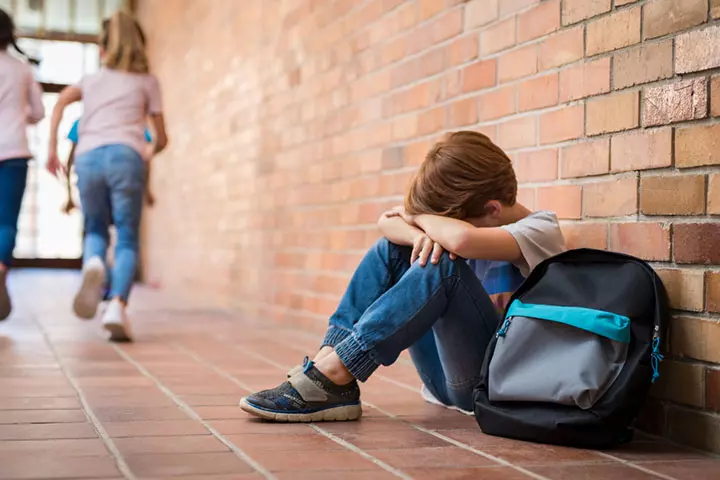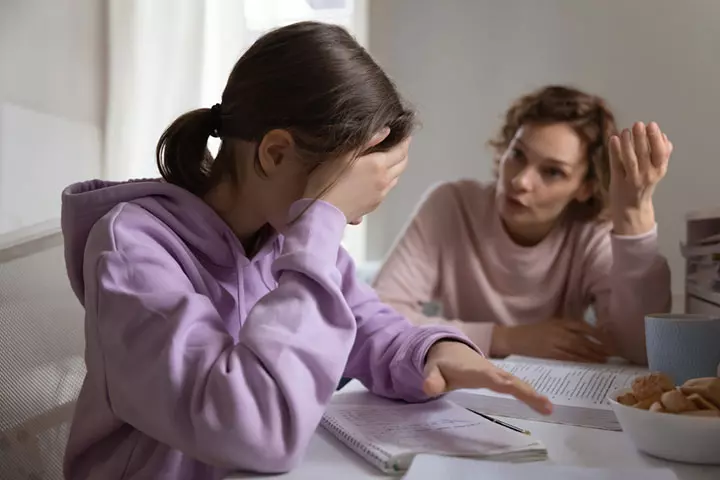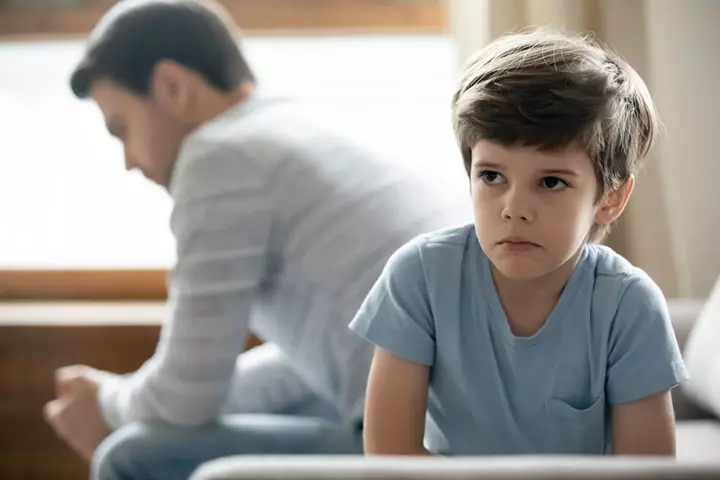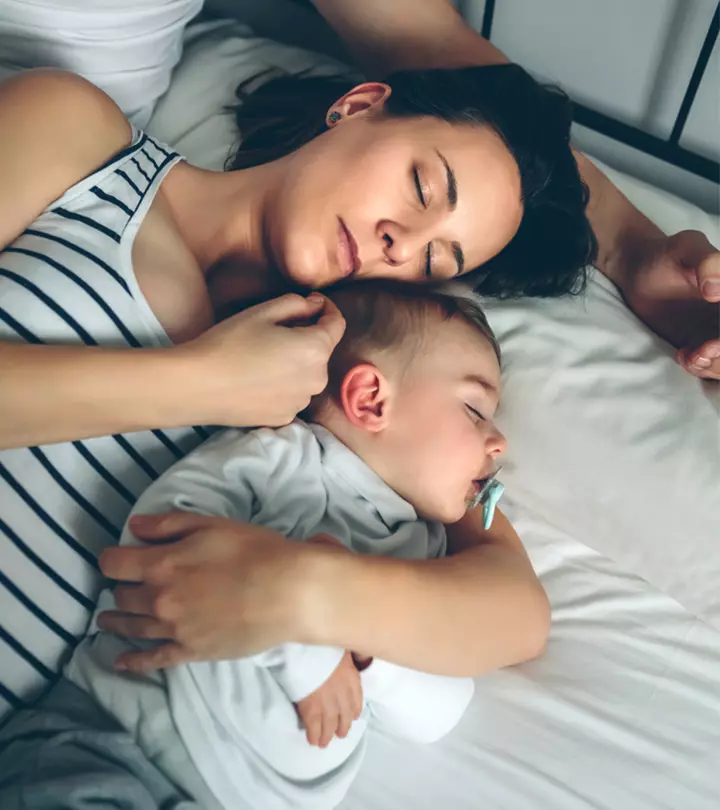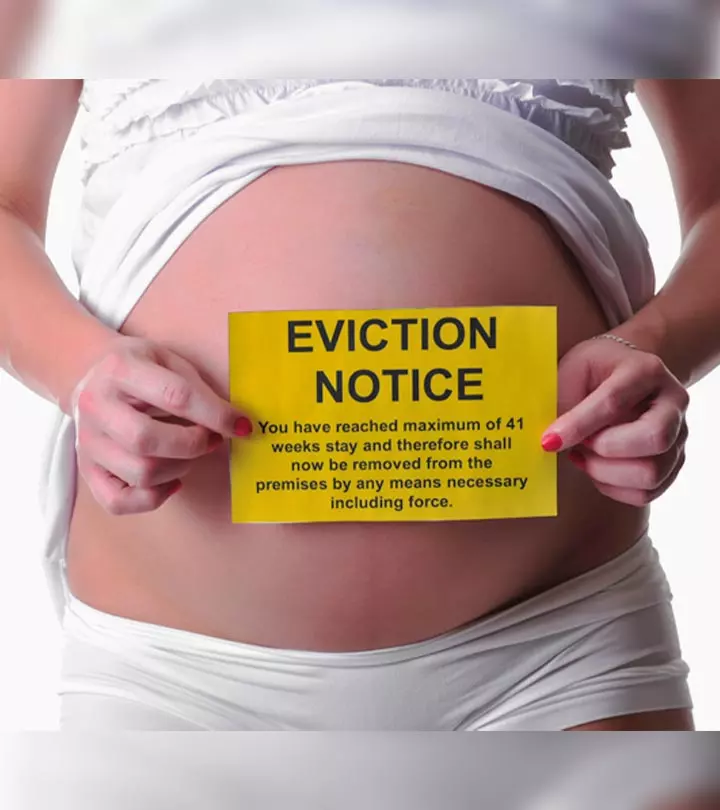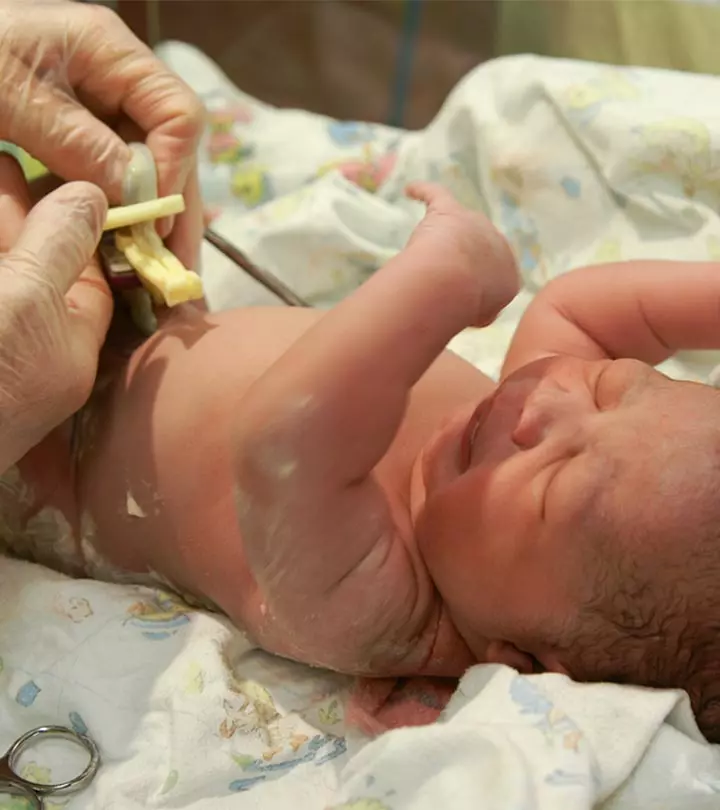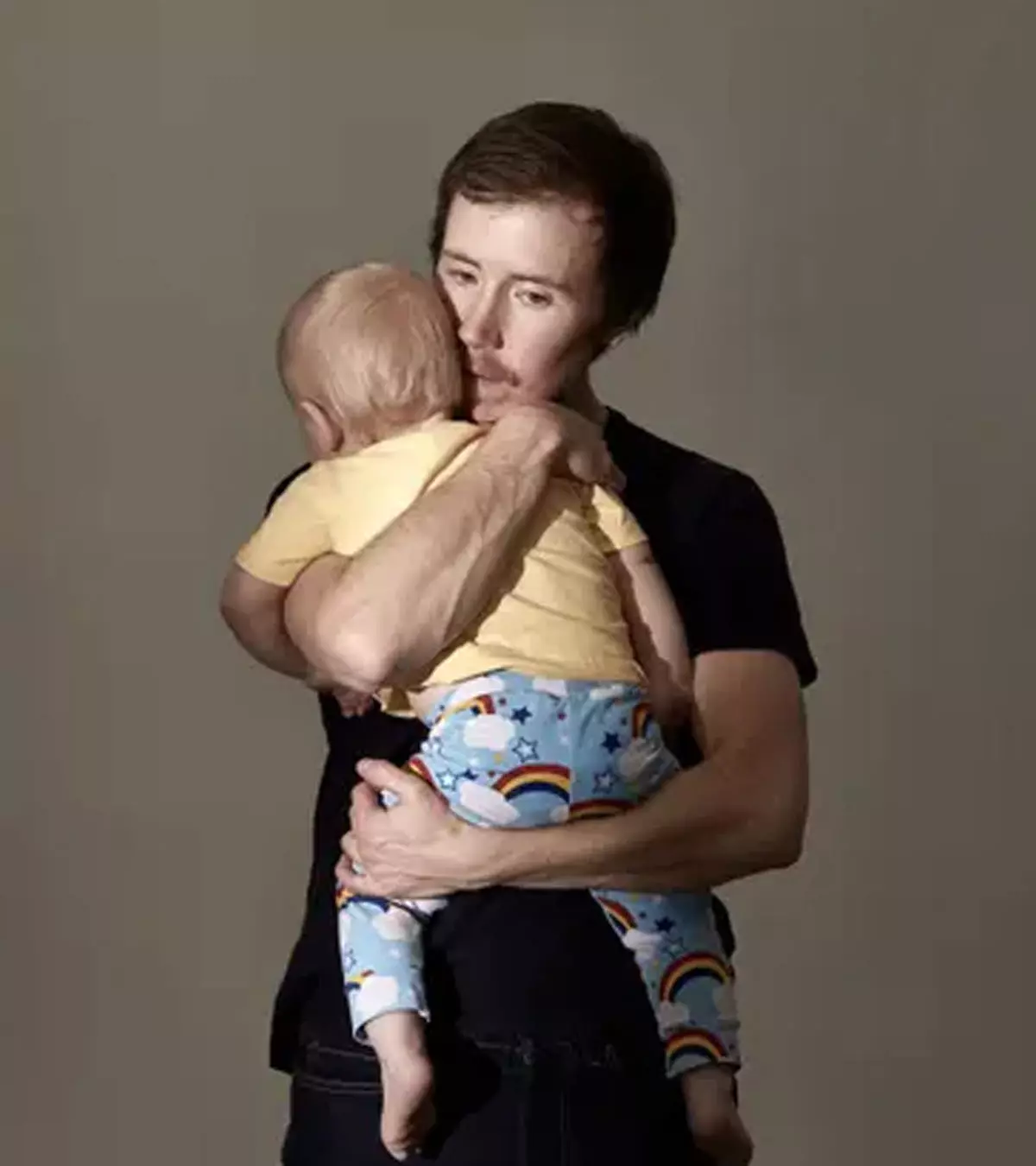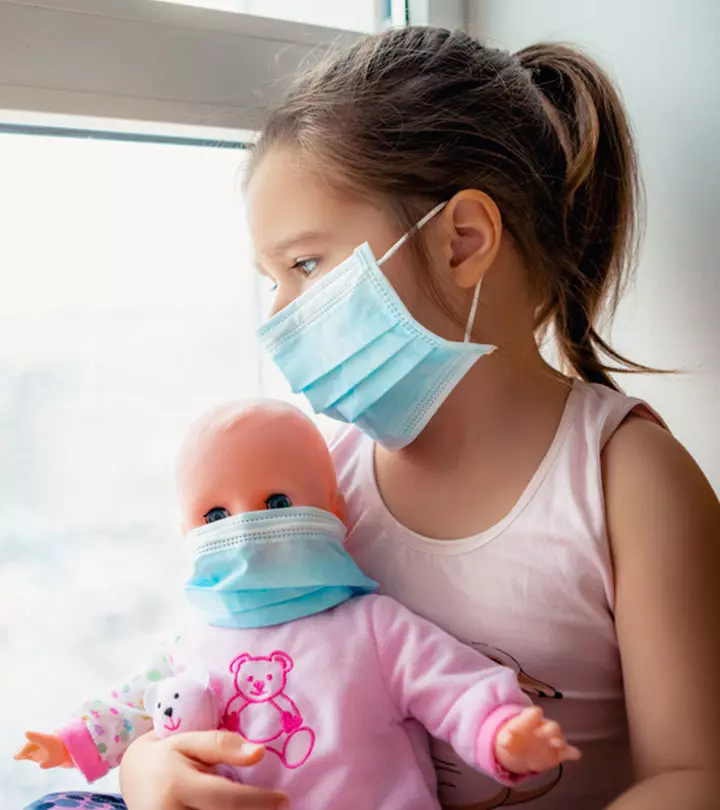

Image: Shutterstock
In most families, parents take on the role of a caregiver, while the children focus on learning and their development. The reversal of these roles, known as “parentification,” occurs when a kid takes on the job of a caretaker for a younger sibling or another family member, or members. An example of this would be a child beginning to meditate on family issues at a very young age. This switch of roles has serious psychological and emotional consequences on kids (1). Children who have been parentified are taught that their own emotions need to be put second to others’ needs. Read on to discover more about parentification, including its causes and effects on the growth of children.

Parentification Styles
Image: Shutterstock
When a parent places an unhealthy amount of dependence on a child, the lines between parent and child gets blurred. A healthy parent-child relationship is characterized by the provision of both instrumental support and unconditional psychological support (love, affection, guidance, and rules). A kid may become parentified and be forced to care for a parent when the parent is unable to provide care regularly. Here are some kinds of parenting and how it affects your child.
1. Emotional Parentification
Image: Shutterstock
Instead of turning to their own partners for solace, parents often turn to their kids when they need to talk or share a secret. Children who are experiencing emotional parentification may provide guidance on how to handle adult problems, mediate family disputes, or offer solace to their siblings in times of stress. Parents rarely provide them the same level of emotional support.
2. Instrumental Parentification
Image: Shutterstock
It is common for parents to entrust their children with adult responsibilities such as bill paying, meal preparation, grocery shopping, scheduling doctor’s visits, and getting younger siblings ready for school. These responsibilities may be beyond their skill and understanding. But, it’s important to remember that not all teen obligations are the same as those of a parent. Ask yourself these two questions to see if your relationships with your children are healthy:
- Whose requirements are being fulfilled?
- Is there an acceptable range of age limit for these requests?
A child’s sense of ability and responsibility, as well as their skill set, might benefit from age-appropriate duties. Therefore, it makes more sense to let older kids take charge for shorter periods.
How Does Parentification Happen?
Image: Shutterstock
Reasons for parenthood vary from home to home, just as the circumstances surrounding each occurrence of parenthood do. Most of the time, it happens because a parent is struggling with a health problem or emotional issue that hinders their capacity to be a stable and consistent carer.
The Impact Of Parentification On Children
Image: Shutterstock
It’s no surprise that children might be severely impacted by the stress that comes with managing grown-up obligations. Children often get the message that their own wants and emotions pose a danger to their bond and hence their security. Without external support, children who have been parentified are left to internalize their emotional struggles, which can result in feelings of shame and self-doubt. Moreover, research has linked parentification in youth to adult codependence (2). Since they perceive their own emotions and wants as a danger, parentified children learn to suppress them. Because of this, individuals may neglect their own feelings in favor of caring for others.
But, it’s also vital to remember that parentification doesn’t necessarily have negative results. Those who were brought up by their parents often grow up to have excellent nurturing skills, empathy, and EQ. Especially if the child interacts with a low level of parental control and if the child’s efforts are rewarded accordingly.
The Long-Term Consequences Of Early-Life Trauma
The need for therapy for children who have suffered parentification is not universal. However, if they are experiencing any unfavorable outcomes, such as fear or sadness, it may be beneficial to consult a mental health specialist.
Recognizing and Treating Childhood Depression
Image: Shutterstock
The sooner a dysfunctional parent-child relationship is recognized, the better it is for the children. It’s crucial to approach the problem without passing judgment on the kid or adult and to acknowledge that. In most cases, the family is doing its best to cope only with the circumstance, even if the consequence is unhealthy.
The need of determining the root causes of parentification and providing aid in line with those findings is essential. In certain cases, people who were parentified as children also benefit from therapy. Seek the counsel of a therapist or other professional in mental health if you have concerns that you were parentified as a child. Taking care of yourself emotionally can also help you become a better parent. This generally entails figuring out what you want and need, building trusting relationships with people, and reprogramming your brain to value attachment and self.
Understanding Parentification: Child Role Reversal Effects
Watch this video to explore parentification, its causes and styles, and learn how role reversal impacts child well-being. Dive in now to discover essential insights and support strategies!
Community Experiences
Join the conversation and become a part of our nurturing community! Share your stories, experiences, and insights to connect with fellow parents.

